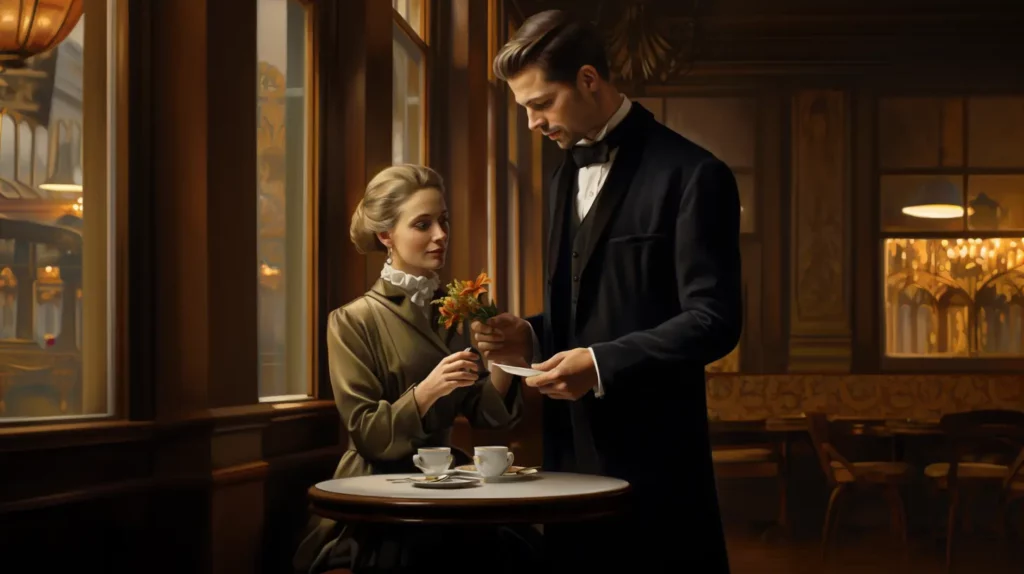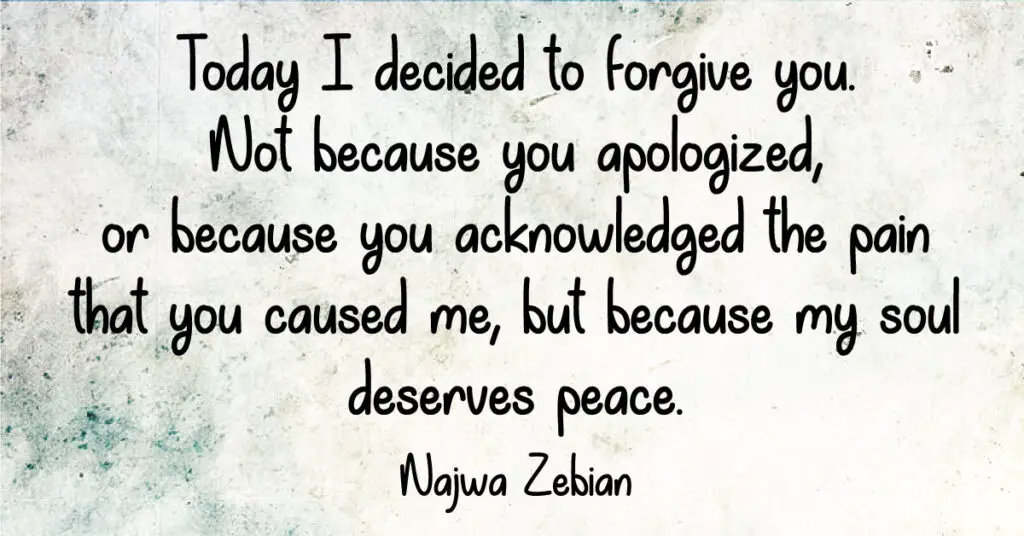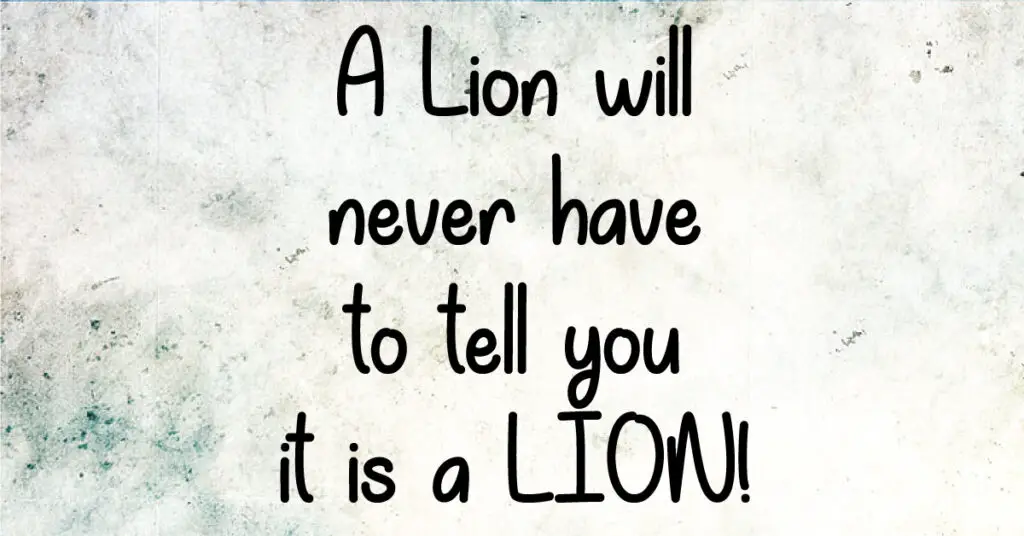Chivalry, a term hailing from the medieval era, is often mourned as a lost virtue in today’s society. Many women perceive its absence as indicating a dearth of true gentlemen. This notion, however, may stem from a lack of understanding about chivalry’s historical roots and evolution. A nuanced exploration into chivalry’s past and how it has morphed over centuries can provide a fresh perspective on its relevance and existence in contemporary times.
The Origins of Chivalry
Chivalry was a code of behavior that dictated the interactions between two warriors. It bore only a tangential relation to women, who were considered men’s property, either as daughters or wives. The chivalric code was more about a warrior not offending his host or liege lord by overstepping boundaries with the women of the household.
The Birth of the Gentleman
The concept of the gentleman arose from the aristocracy and the chivalric code when the advent of firearms rendered knights obsolete. Stripped of their primary purpose – waging war – the aristocracy sought to justify their existence and preserve their martial demeanor, even in times of peace. The idea of personal honor emerged from this scenario, along with a readiness to fight for any perceived offense. When women were added to this equation, men would fight, kill, or die to protect a woman’s honor.
It’s important to remember that during this era, law and order were minimal, and women had very few rights as they were still viewed as property. Simultaneously, minstrels were touring Europe singing ballads about the valiant deeds of chivalrous knights and their romantic entanglements with (often unavailable) women. These stories painted a starkly different picture from reality, serving as the romance novels, songs, and poems of the period.
The Impact on the Modern World
So, how does this history influence the modern world? The distorted notions of chivalry from these stories have been passed down through generations via books, plays, movies, and television. This intersection between the romantic fantasy of chivalry and the modern world, where men and women are equals, leads to confusion and misalignment in expectations.
Here are ten reasons why most women struggle to find what they perceive as a true gentleman:
Misinterpretation of Chivalry
The media often presents a highly romanticized version of chivalry, painting an idealistic picture of what constitutes a gentleman. This portrayal tends to dictate societal expectations, setting a standard that is almost impossible for any man to fully embody. Consequently, many men struggle to meet these inflated expectations, leading to pervasive feelings of inadequacy.
On the other hand, this skewed representation also places undue pressure on women to seek out such unrealistic ideals in their partners. In essence, this romanticized depiction of chivalry can be misleading and contribute to unrealistic expectations in relationships.
Changing Gender Roles
As society progresses, traditional gender roles are undergoing significant changes, leading to a redefinition of what it means to be a man or a woman. This evolution is particularly evident in the shifting concept of a ‘gentleman’. The classic definition, often associated with chivalry and courteous behaviour, is being questioned and reimagined.
This societal shift can cause confusion as men grapple with these evolving expectations. It’s becoming increasingly important to redefine the role of a gentleman in a way that aligns with contemporary values and equality.
Equality
As society continues to strive for gender equality, the traditional concept of a gentleman is being critically examined. Actions that were once seen as chivalrous may now be perceived as patronizing or condescending. This blurs the line between being courteous and overstepping boundaries.
It’s important for men to navigate this delicate balance, respecting women’s independence while still being polite and considerate. Essentially, the challenge lies in redefining gentlemanly behavior in a way that aligns with today’s progressive values and respects women’s autonomy.
Individualism
Modern society places significant emphasis on individualism, encouraging people to embrace their unique identities and perspectives. This can sometimes clash with the traditional concept of a gentleman, which often prescribes certain expected behaviors. The expectation for men to conform to these traditional norms can stifle their individuality and personal growth.
It can create tension between the desire to be seen as a ‘gentleman’ and the need to express one’s self authentically. Therefore, it’s crucial to redefine the idea of a gentleman in a way that allows for individual expression while still promoting respect and kindness.
Lack of Role Models
The lack of real-life gentleman role models in contemporary society can indeed make it challenging for men to understand and emulate such behavior. Many of the visible figures in media and popular culture often display behaviors that don’t align with the traditional ideals of gentlemanly conduct. This absence of positive exemplars can leave men feeling uncertain about how to behave, especially in a world where gender roles are continually evolving.
It’s important to highlight and celebrate those who embody respect, kindness, and equality – the modern attributes of a gentleman. This would provide clearer guidance for those striving to align their actions with the values of today’s society.
Cultural Differences
Cultural perceptions greatly influence our understanding of what it means to be a gentleman, and these can vary significantly across different societies. What might be seen as gentlemanly behavior in one culture could be perceived as disrespectful or unnecessary in another. This cultural variation can add to the confusion around the concept of a gentleman, making it harder to establish a universal definition.
It’s crucial to respect these cultural differences while striving for a more inclusive understanding of gentlemanly behavior. Ultimately, the essence of being a gentleman should focus on respect, kindness, and equality, values that transcend cultural boundaries.
Commercialized Romance
The commercialization of romance and relationships in modern society has indeed created a distorted perception of what it means to be a gentleman. It often portrays an image of a man who is excessively chivalrous, affluent, and grandiose in his gestures of love, which can set unrealistic expectations. This commercial portrayal can make men feel inadequate if they can’t live up to the ‘gentleman’ standards set by popular culture and media.
It also oversimplifies the concept of being a gentleman to materialistic expressions of affection, overshadowing the importance of respect, empathy, and emotional intelligence. Therefore, it’s vital to challenge these commercialized narratives and promote a more balanced and realistic understanding of gentlemanly behavior.
The Pace of Life
The fast-paced rhythm of modern life often leaves little room for the slow, thoughtful gestures traditionally associated with being a gentleman. Our increasingly digital and hurried society can make it challenging to find the time for acts such as writing a heartfelt letter or preparing a home-cooked meal. This shift often puts pressure on individuals to prioritize efficiency over thoughtfulness, potentially leading to neglect of meaningful interactions.
Furthermore, the constant rush can make it harder to cultivate patience and empathy, which are key traits of a gentleman. It’s important, therefore, to consciously carve out time for genuine connection and kindness, even amidst the frenetic pace of contemporary living.
Miscommunication
Misunderstandings about what women want can sometimes lead men to believe that being a gentleman is not appreciated or valued. This often stems from miscommunication, societal stereotypes, or misguided perceptions about modern gender roles. Some men may assume that behaviors like showing respect, kindness, and consideration—traits traditionally associated with being a gentleman—are outdated or unnecessary.
However, these qualities are universal and appreciated across genders and cultures. It’s crucial to promote open dialogue and understanding to dispel such misconceptions and highlight the enduring importance of gentlemanly values.
The Shift in Dating Culture
The evolution of dating culture towards casual relationships and online dating has significantly impacted the perception and relevance of the gentleman. With the rise of dating apps, interactions often begin through screens rather than in-person meetings, potentially diminishing the opportunities for traditional chivalrous gestures. The casual nature of many modern relationships can also blur the lines of what is expected in terms of manners and respect.
Some may argue that the digital age has made the concept of a gentleman obsolete, as courtship rituals have changed dramatically. However, it’s important to remember that being a gentleman goes beyond mere outward actions; it’s about respect, kindness, and understanding, which remain crucial in any relationship context.
Final Thought
The concept of a gentleman has evolved significantly from its origins in the chivalric code. The challenge lies in reconciling the romanticized notion of a gentleman with the realities of the modern world. As society continues to evolve, so too should our understanding and expectations of what it means to be a gentleman.








